Natural Killer Cells
At Mamata Fertility Hospital, our mission is to help women understand and address factors that affect their fertility. One such factor is the presence of Natural Killer (NK) cells in the immune system.
While NK cells play a crucial role in protecting us from infections and diseases, their activity can sometimes interfere with female fertility.
This article explains the connection between NK cells and women’s reproductive health, including their impact on implantation, pregnancy maintenance, and fertility treatments.
For Appointments, Please Call:
More On Natural Killer Cells
What are Natural Killer Cells?
Natural Killer (NK) cells are a unique type of white blood cell that supports the immune system. Their name comes from their ability to “naturally” detect and destroy harmful cells, such as those infected with viruses or cancerous cells, without needing prior exposure to the threat. NK cells act as the body’s first line of defense, maintaining a healthy balance and fighting off potential dangers.
One distinct type of NK cell, called uterine NK (uNK) cells, resides in the uterus. These cells play a specialized role during pregnancy by supporting implantation and the development of the placenta. However, if NK cell activity in the uterus becomes too high, it may affect fertility and pregnancy outcomes. Understanding how this happens is key to addressing complications related to female fertility.
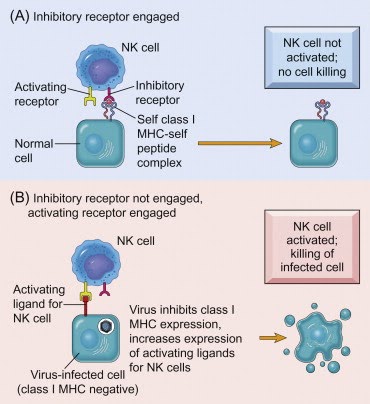
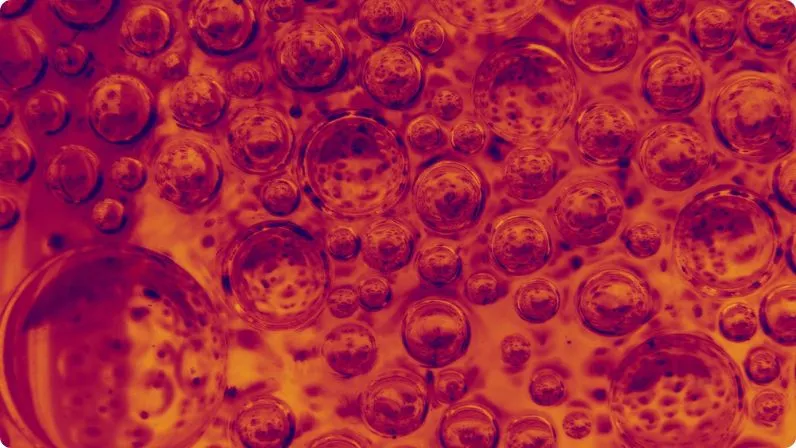
Role of NK Cells in Female Fertility
NK cells are essential for women’s reproductive health, particularly during conception and early pregnancy. Here’s how they function:
Preparing the Uterine Lining
uNK cells help prepare the uterine lining (endometrium) for the arrival of a fertilized egg. By promoting blood vessel growth, they create a nourishing environment that allows the embryo to attach and begin growing.
Supporting Placental Development
Once the embryo is implanted, uNK cells assist in forming the placenta, the vital structure that delivers oxygen and nutrients to the developing baby. Proper NK cell activity ensures that the placenta develops securely and functions effectively throughout the pregnancy.
Regulating Immune Tolerance
During pregnancy, a woman’s immune system needs to tolerate the embryo, which contains genetic material from both the mother and father. NK cells help regulate this balance to prevent the immune system from attacking the pregnancy.
However, when NK cell activity becomes excessive or dysregulated, it can disrupt these processes. This overactivity is a common concern in women experiencing unexplained infertility, recurrent miscarriages, or failed IVF treatments.
Impact of NK Cells on Pregnancy
The effects of NK cells on female fertility often become most apparent during the implantation and early stages of pregnancy.
Implantation Difficulties
For a successful pregnancy, the fertilized egg must attach to the uterine wall. Overactive uNK cells may hinder this process, identifying the embryo as a “threat” and preventing implantation. This can result in fertility challenges or repeat implantation failures during IVF cycles.
Recurrent Pregnancy Loss
Miscarriage, particularly during the first trimester, has been linked to heightened NK cell activity. When uNK cells attack the developing placenta, it can compromise blood flow and nutrient delivery, affecting the embryo’s survival.
Complications Later in Pregnancy
Even after a pregnancy progresses, inappropriate NK cell activity may lead to complications like preeclampsia (high blood pressure in pregnancy), placental abruption, or intrauterine growth restriction (IUGR). These conditions underline the importance of monitoring NK cell function in women with a history of pregnancy complications.
Diagnostic and Monitoring Strategies
Women facing fertility challenges can benefit from evaluating NK cell levels and activity. At Mamata Fertility Hospital, we offer advanced diagnostic tests that assess immune factors affecting reproduction.
Uterine Biopsies
To evaluate uterine NK cells specifically, doctors may perform an endometrial biopsy. This test examines NK cells in the uterine lining, giving an accurate picture of their role in implantation or pregnancy loss.
Immune Function Panels
Comprehensive immune assessments, including cytokine levels and other immune-related markers, are sometimes recommended. These tests look at overall immune function and its potential impact on fertility.
Diagnostic results help specialists create individualized plans to address NK cell-related problems effectively.
Treatment and Management Options
There are several treatment options available to regulate NK cell activity and support female fertility:
Immunomodulatory Therapies
Medications like intravenous immunoglobulin (IVIG) are often prescribed to suppress overactive NK cell responses. These therapies aim to calm the immune system without compromising overall health.
Low-Dose Aspirin and Heparin
Low-dose aspirin and heparin are blood-thinning medications that promote healthy blood flow to the uterus and placenta. These treatments also help minimize the impact of excessive NK cell activity during implantation and early pregnancy.
Steroid Medications
Steroid treatments reduce inflammation and excessive immune responses, creating a more favorable environment for implantation and pregnancy maintenance.
Assisted Reproduction Techniques (ART)
For women undergoing IVF, treatments such as embryo selection, intracytoplasmic sperm injection (ICSI), or preimplantation genetic testing (PGT) may improve their chances of success by ensuring the healthiest embryo is selected. Immunomodulatory support is often paired with ART to address NK cell concerns.
Personalized Treatment Plans
Every woman’s fertility needs are different. Specialists at Mamata Fertility Hospital develop personalized plans based on diagnostic findings, medical history, and reproductive goals. With the right interventions, many women affected by NK cell issues go on to experience healthy pregnancies.
Lifestyle and Dietary Recommendations
Lifestyle choices can also play a role in regulating immune responses and supporting fertility. While these changes cannot replace medical treatments, they often enhance outcomes:
Anti-Inflammatory Diet
Eating anti-inflammatory foods such as leafy greens, berries, nuts, seeds, and omega-3-rich fish can help regulate the immune system. Avoid unhealthy processed foods, trans fats, and added sugars, which promote inflammation.
Manage Stress
Chronic stress can worsen immune system imbalances. Practices like yoga, meditation, and breathing exercises reduce stress, supporting hormonal and immune health.
Exercise Moderation
Regular moderate exercise, such as walking or gentle yoga, can improve blood circulation and reduce inflammation. Avoid high-intensity workouts that may put unnecessary strain on the body.
Avoid Harmful Substances
Quit smoking and limit alcohol intake, as both can negatively impact immune function and reproductive health.
Vitamin and Mineral Support
Certain vitamins and supplements, including Vitamin D, antioxidants, and folic acid, promote fertility while supporting immune regulation.
Frequently Asked Questions (FAQs)
1. Can NK cells cause infertility?
NK cells only cause fertility problems if their activity becomes abnormal. Overactive NK cells may disrupt implantation or lead to pregnancy complications.
2. How are NK cells tested?
Blood tests and uterine biopsies are the primary tools for evaluating NK cell levels and activity, providing insight into potential immune-related fertility challenges.
3. Is treatment for overactive NK cells effective?
Yes, treatments like steroids, IVIG, or ART combined with immune support can significantly improve fertility outcomes for women with overactive NK cells.
4. Can natural measures regulate NK cell activity?
Lifestyle changes, such as following an anti-inflammatory diet and managing stress, may help maintain immune balance but cannot fully address severe NK cell dysfunction.
5. Can women with NK cell issues have successful pregnancies?
With the right medical support and personalized care, many women with NK cell-related fertility problems go on to have healthy pregnancies.
At Mamata Fertility Hospital, we recognize that immune system factors like NK cells can present unique challenges to female fertility. Our expert team is here to guide you every step of the way, offering compassionate care and cutting-edge treatments to support your dreams of parenthood. Contact us today to learn more or schedule a consultation.
Reviewd By

Dr Aarti Deenadayal Tolani
Clinical Director, Scientific In-Charge & Fertility Consultant
MBBS, MS ( OBGYN), FICOG
Expert in Reproductive Endocrinology, Infertility, Advanced Gynaec Ultrasound, and Faculty at Mamata Fertility Hospital.
Blogs and Articles
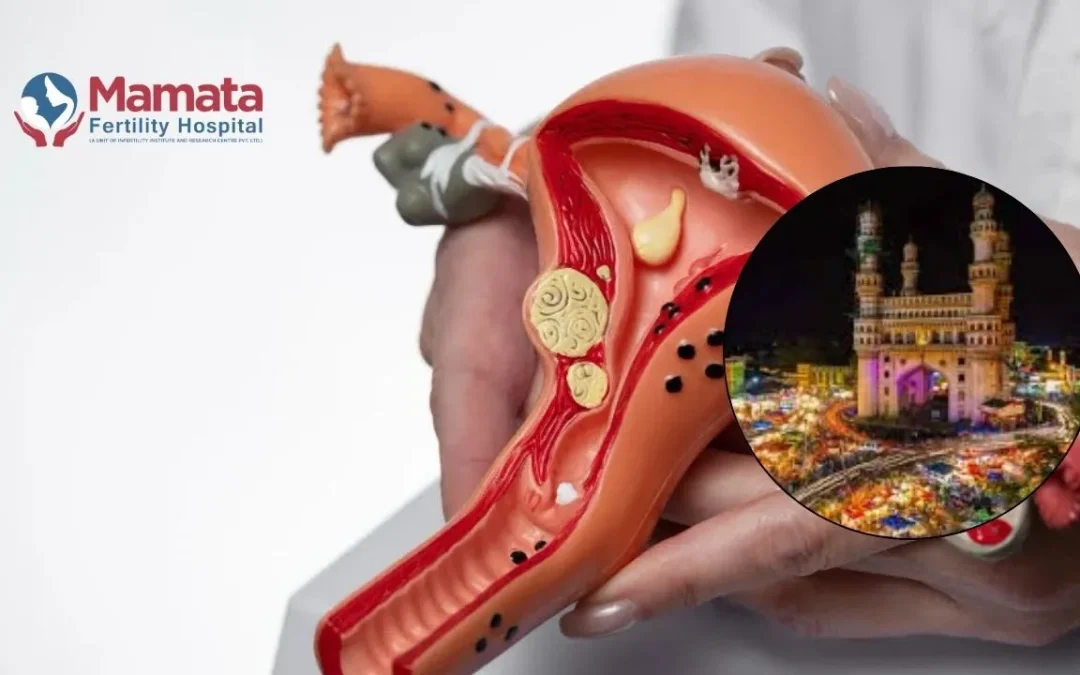
Best IUI Treatment in Hyderabad
Home > Blogs > Best IUI Treatment in HyderabadBest IUI Treatment in HyderabadConsidering fertility treatments? Intrauterine Insemination (IUI) might be a great step on your journey to parenthood. With IUI, sperm is placed right into the uterus to aid...
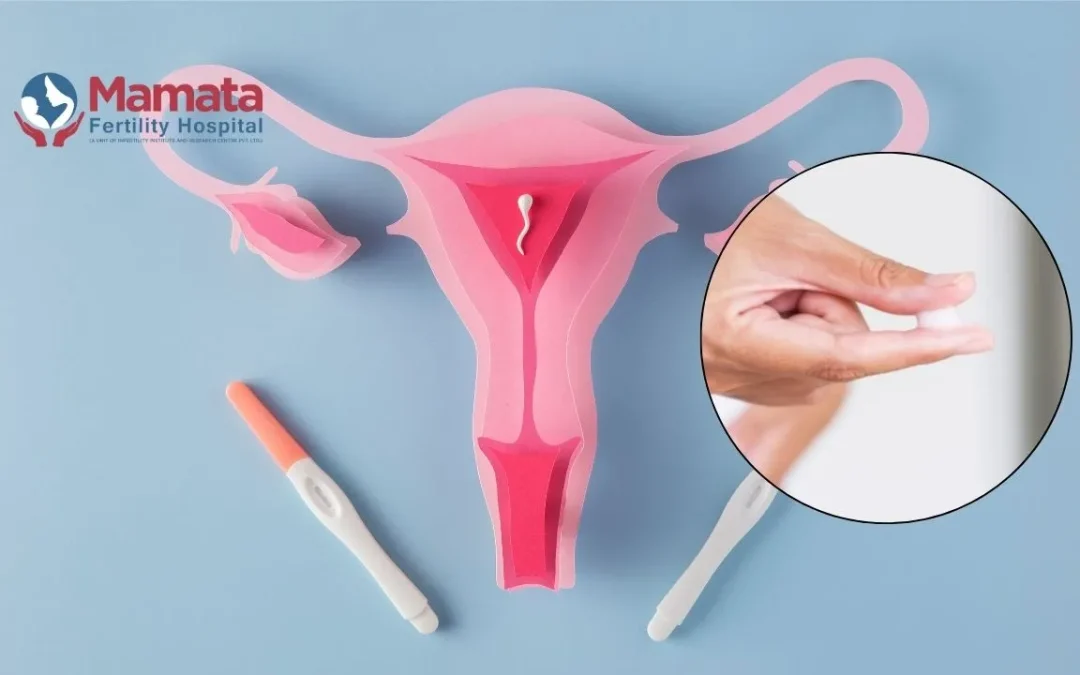
White Discharge After IUI: Care Tips | Mamata Fertility Hospital
Home > Blogs > White Discharge After IUIWhite Discharge After IUI: Care Tips | Mamata Fertility HospitalIntrauterine insemination (IUI) is a common fertility treatment that many couples turn to in their journey to conceive. After the procedure, it’s natural to...
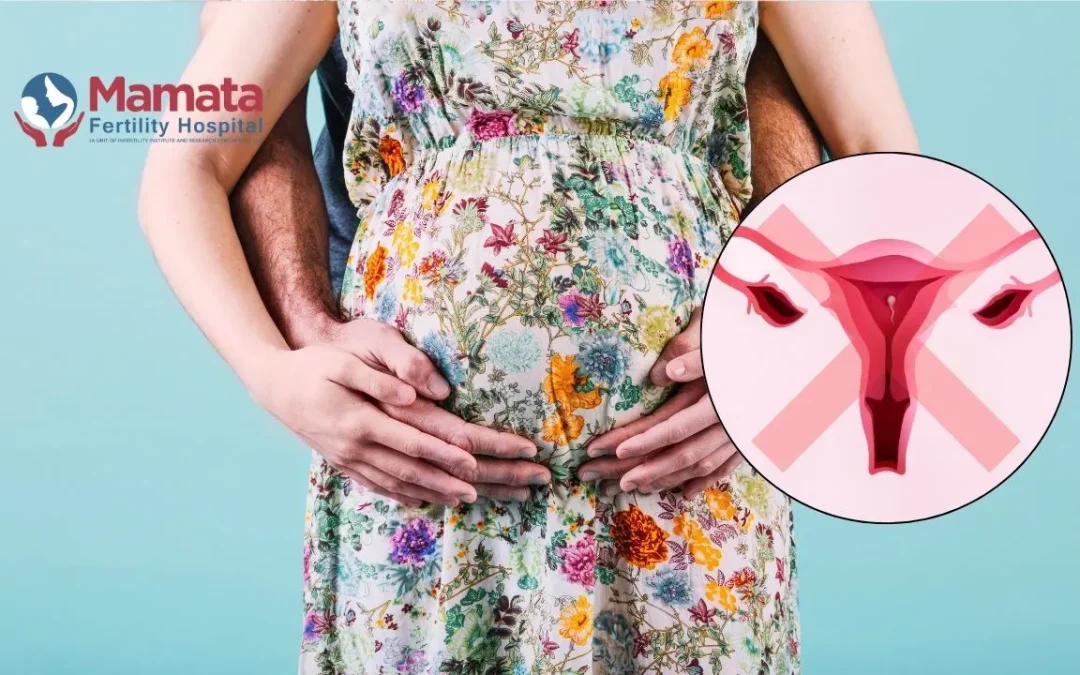
Chances of Natural Pregnancy After Failed IUI | Fertility expert Tips
Home > Blogs > Chances of Natural Pregnancy After Failed IUIChances of Natural Pregnancy After Failed IUI | Fertility expert TipsThe journey to parenthood can be a challenging and emotional experience, especially when faced with unsuccessful fertility...

